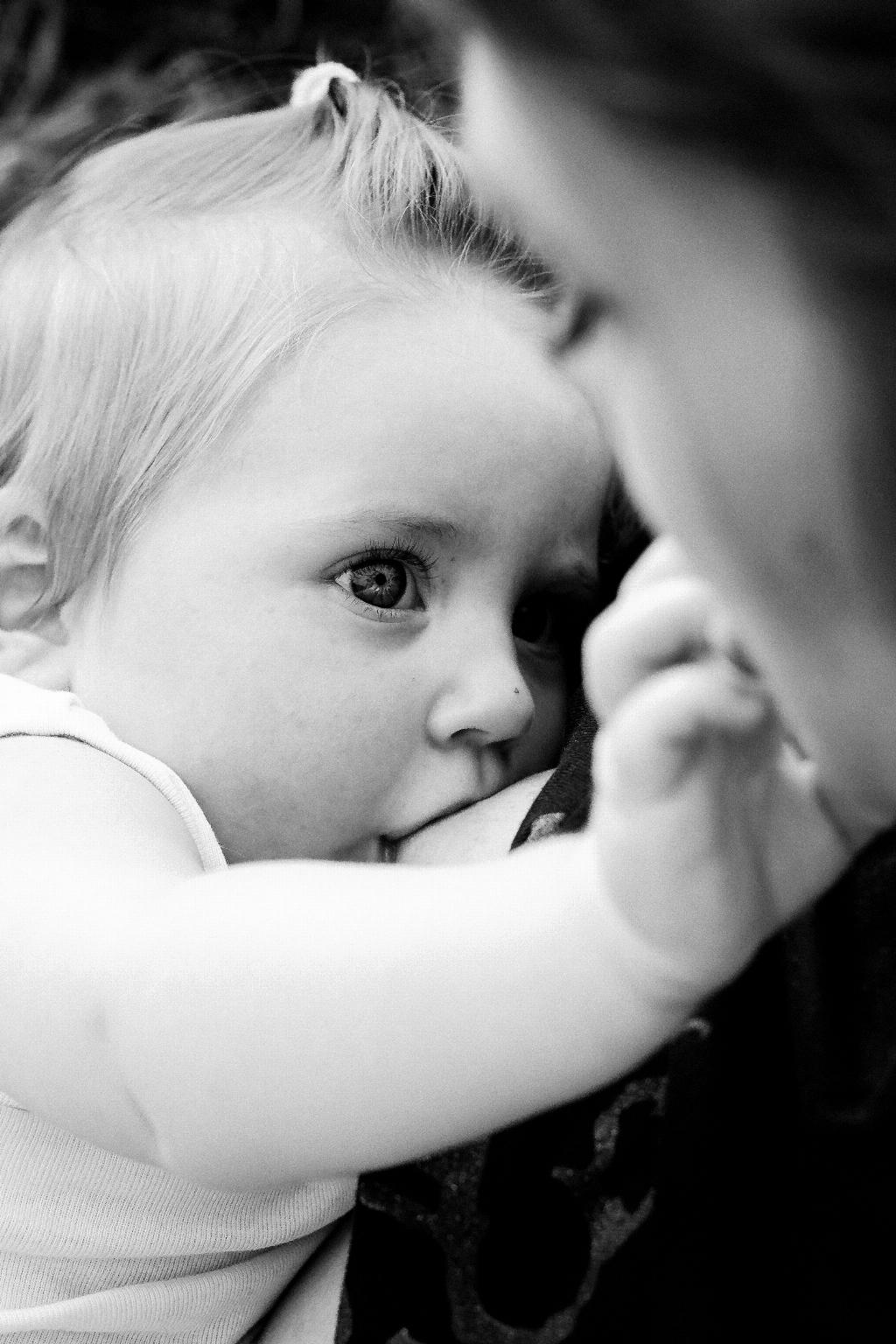When it comes to caring for your precious little one, every decision can feel crucial. One question that sometimes arises is whether it is appropriate to give newborns fennel tea. Let’s delve deeper into this topic to gain a comprehensive understanding.
Fennel Tea as a Flavoring Agent
Fennel tea can be introduced as a flavoring agent for infants who are around six months old and are starting to explore solid foods. It can add a gentle hint of taste to various dishes such as porridge, cereals, soups, and other appropriate foods as part of their culinary journey.
Gradual Introduction of Fennel Tea
When considering offering fennel tea to newborns, it is essential to do so gradually, ensuring they are comfortable with the new flavor. This gradual approach can help them adjust to the taste and texture without overwhelming their sensitive palates.
Portion Size and Timing
For young babies who are ready to consume fennel tea, a general guideline is to provide them with a small amount, typically around a tablespoon, either before or after their meals. This measured approach can help monitor their response to the tea and its effects on their digestion.
Consulting with Healthcare Providers
Before introducing any new food or beverage to your newborn’s diet, it is always advisable to consult with healthcare providers such as pediatricians or dietitians. They can offer personalized advice based on your child’s individual needs and health status.
Considering Individual Sensitivities
Each child is unique, and some newborns may have sensitivities or allergies to certain substances, including fennel. Being aware of your baby’s specific sensitivities can help you make informed decisions about introducing fennel tea to their diet.
Monitoring for Any Adverse Reactions
As with any new food or beverage, it is crucial to monitor your newborn for any signs of adverse reactions after consuming fennel tea. These reactions could include digestive issues, allergic responses, or changes in behavior that warrant further attention.
Exploring Alternative Flavor Options
If you have concerns about offering fennel tea to your newborn or if they show any adverse reactions to it, there are plenty of alternative flavor options to explore. Experimenting with different herbs and spices can help you find suitable alternatives that your baby enjoys.
Considering Cultural and Traditional Practices
In some cultures and traditions, fennel tea has been used for generations as a natural remedy or flavoring agent for infants. Understanding the cultural significance and practices surrounding fennel tea can provide additional insight into its potential benefits and uses.
Ensuring Safe Preparation Methods
When preparing fennel tea for your newborn, it is crucial to follow safe and hygienic practices. Using clean utensils, boiling water properly, and ensuring proper storage can help prevent contamination and ensure the tea is safe for consumption.
Observing Your Baby’s Preferences
Ultimately, your baby’s preferences and reactions should guide your decisions when it comes to offering fennel tea or any other new foods. Paying attention to their cues, likes, and dislikes can help you create a positive and enjoyable dining experience for them.
Conclusion
In conclusion, while fennel tea can be introduced to newborns as a flavoring agent in their diet, it is essential to do so cautiously, considering individual sensitivities, consulting with healthcare providers, and monitoring for any adverse reactions. By approaching the introduction of fennel tea thoughtfully and responsibly, you can provide your baby with a varied and enjoyable culinary experience.

